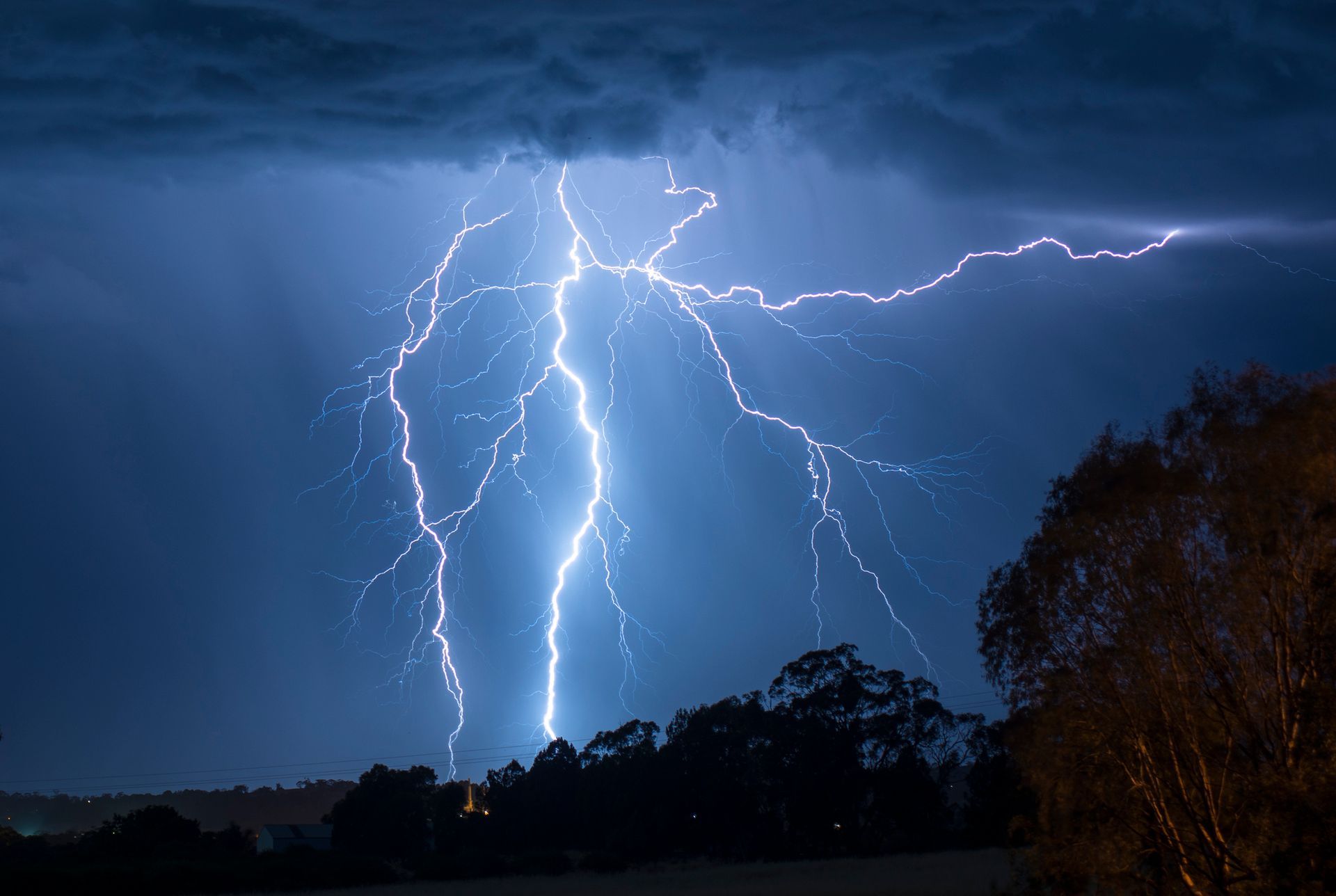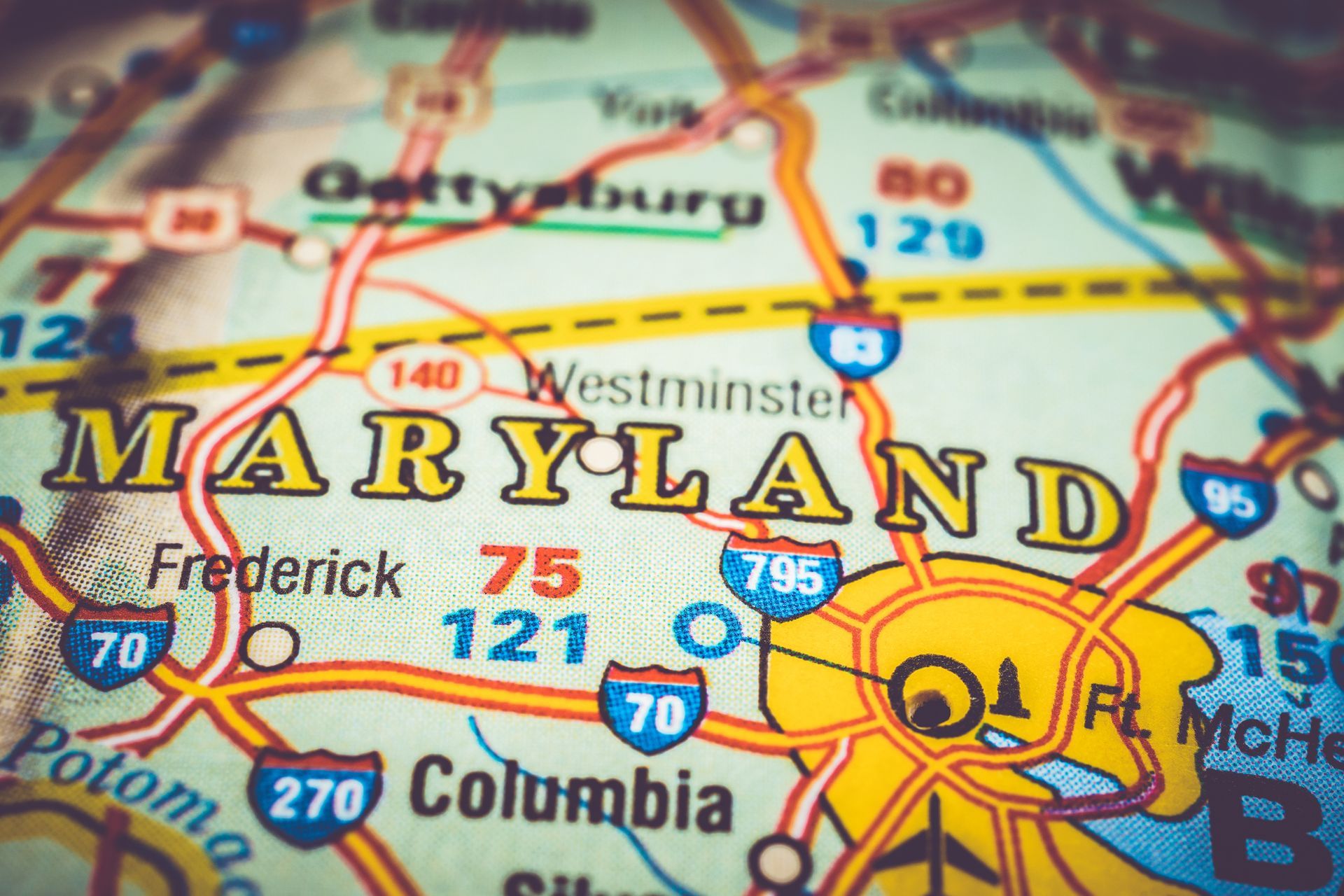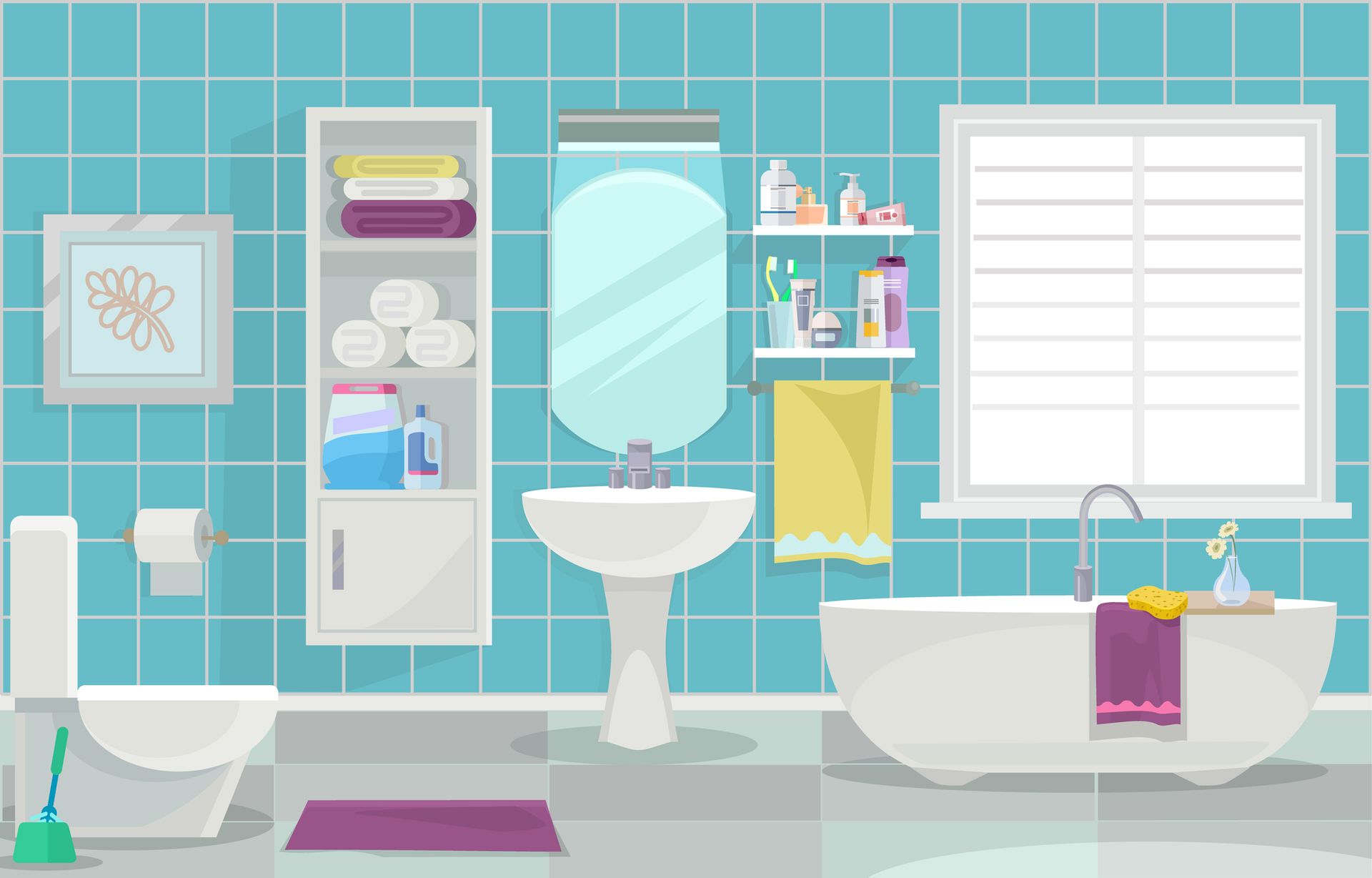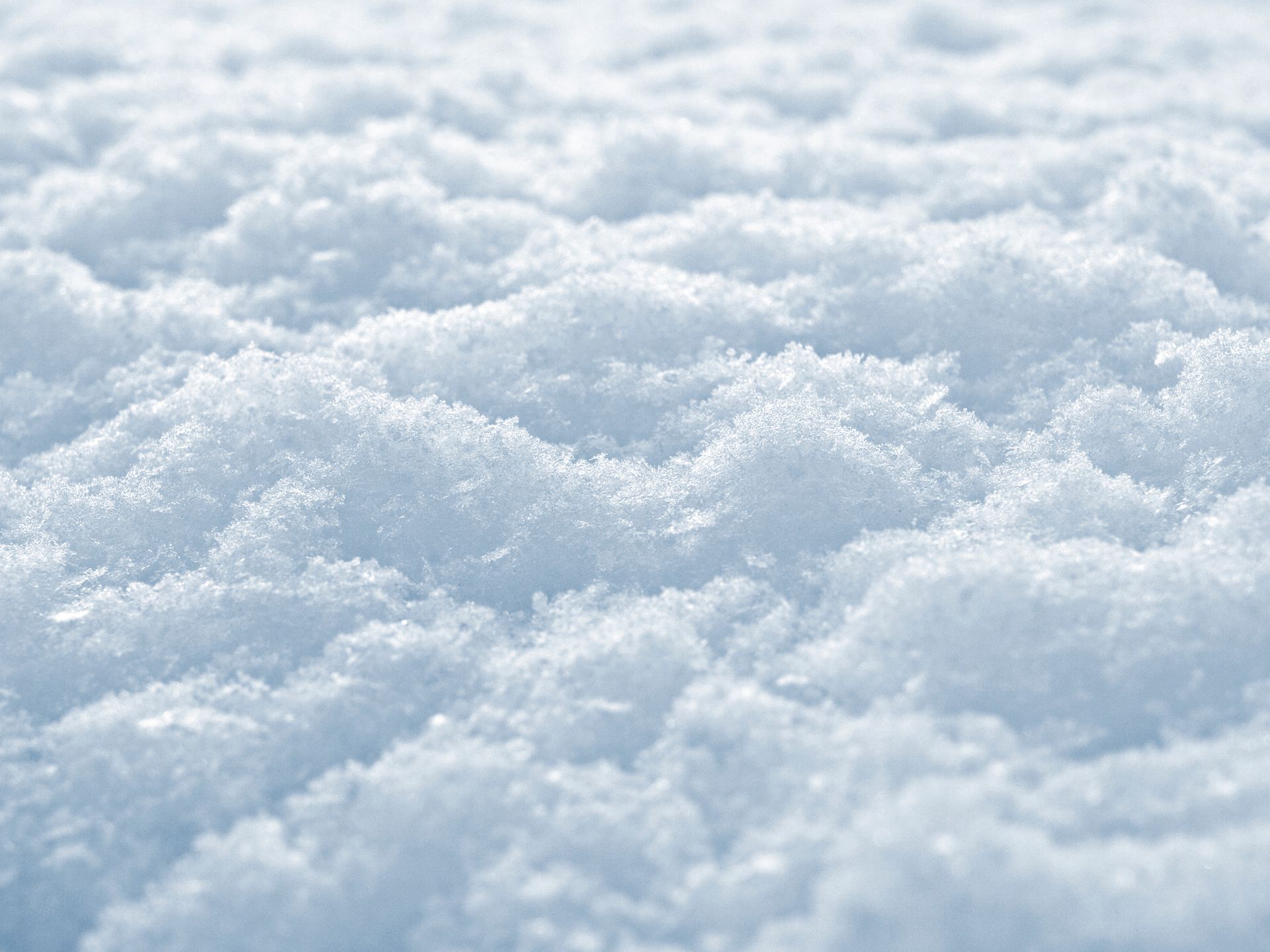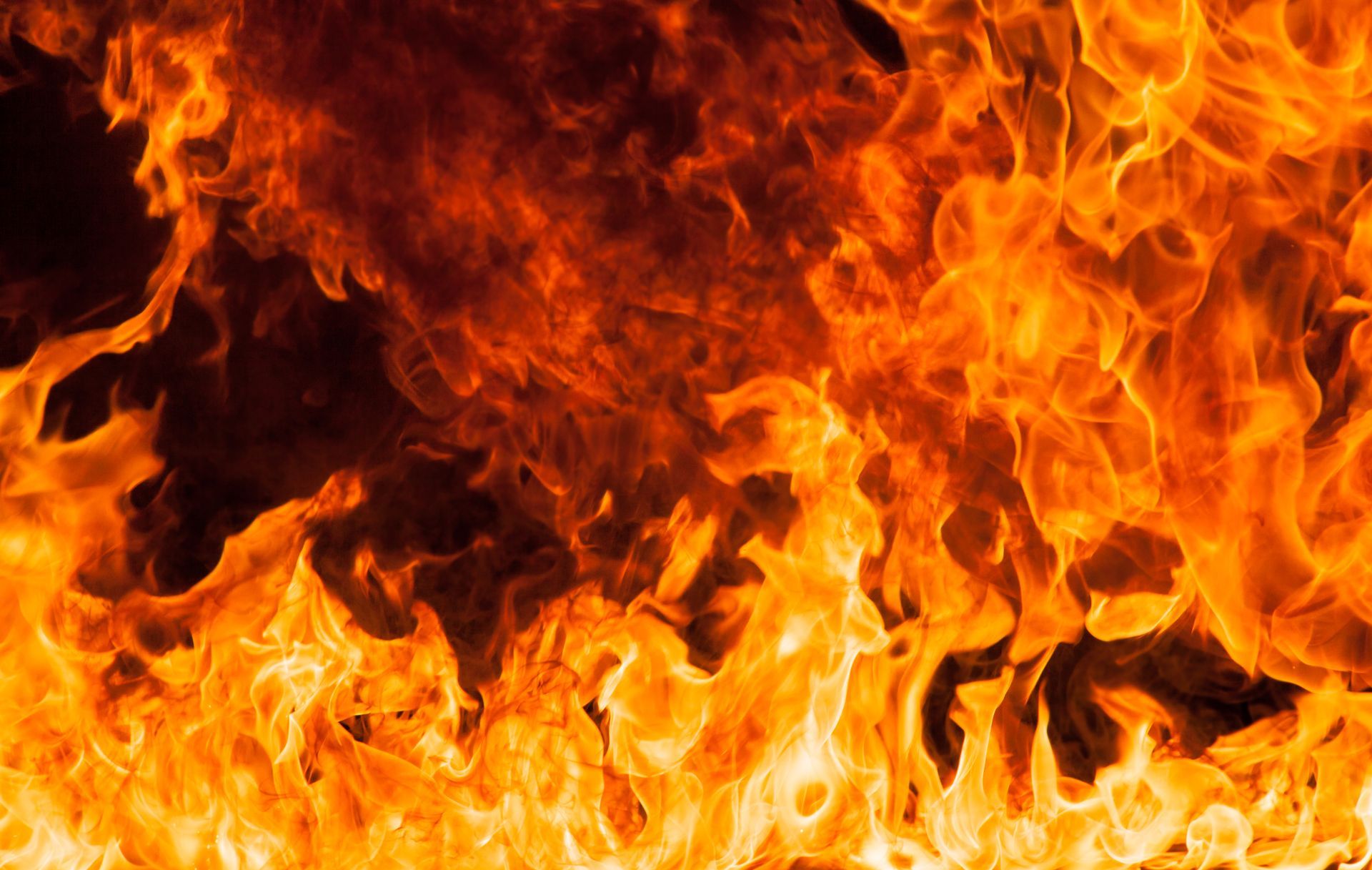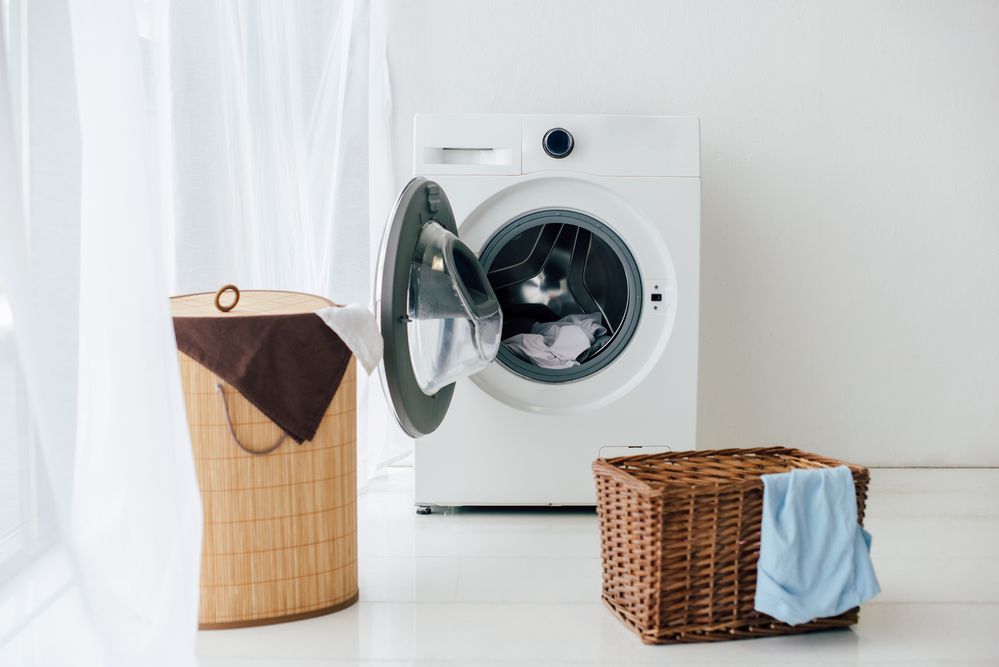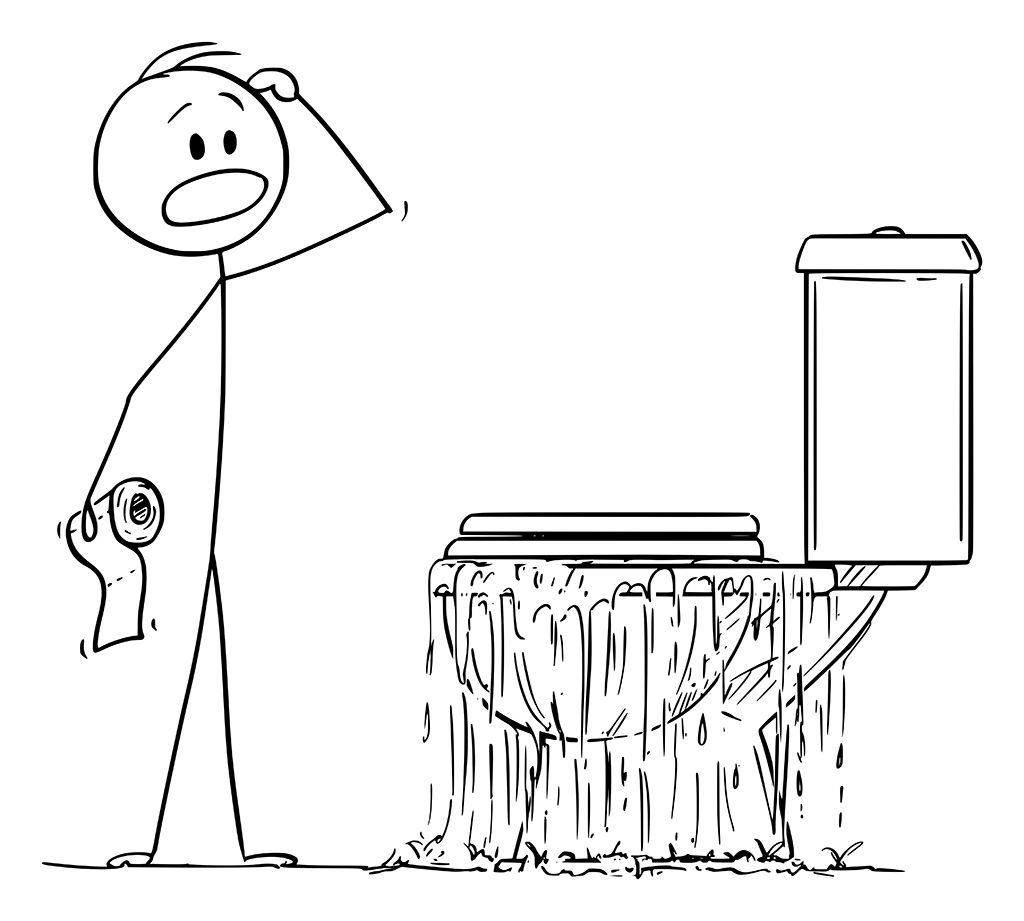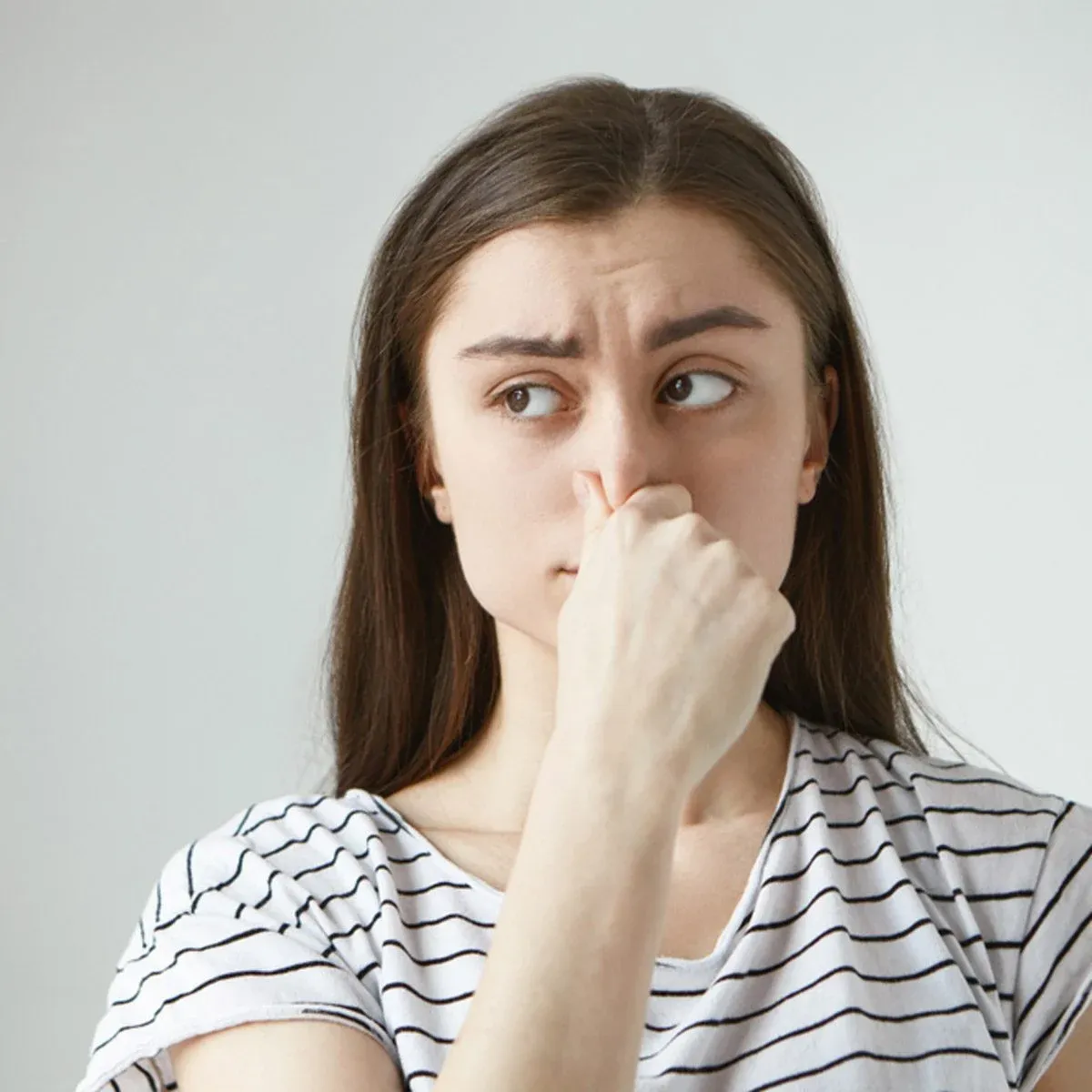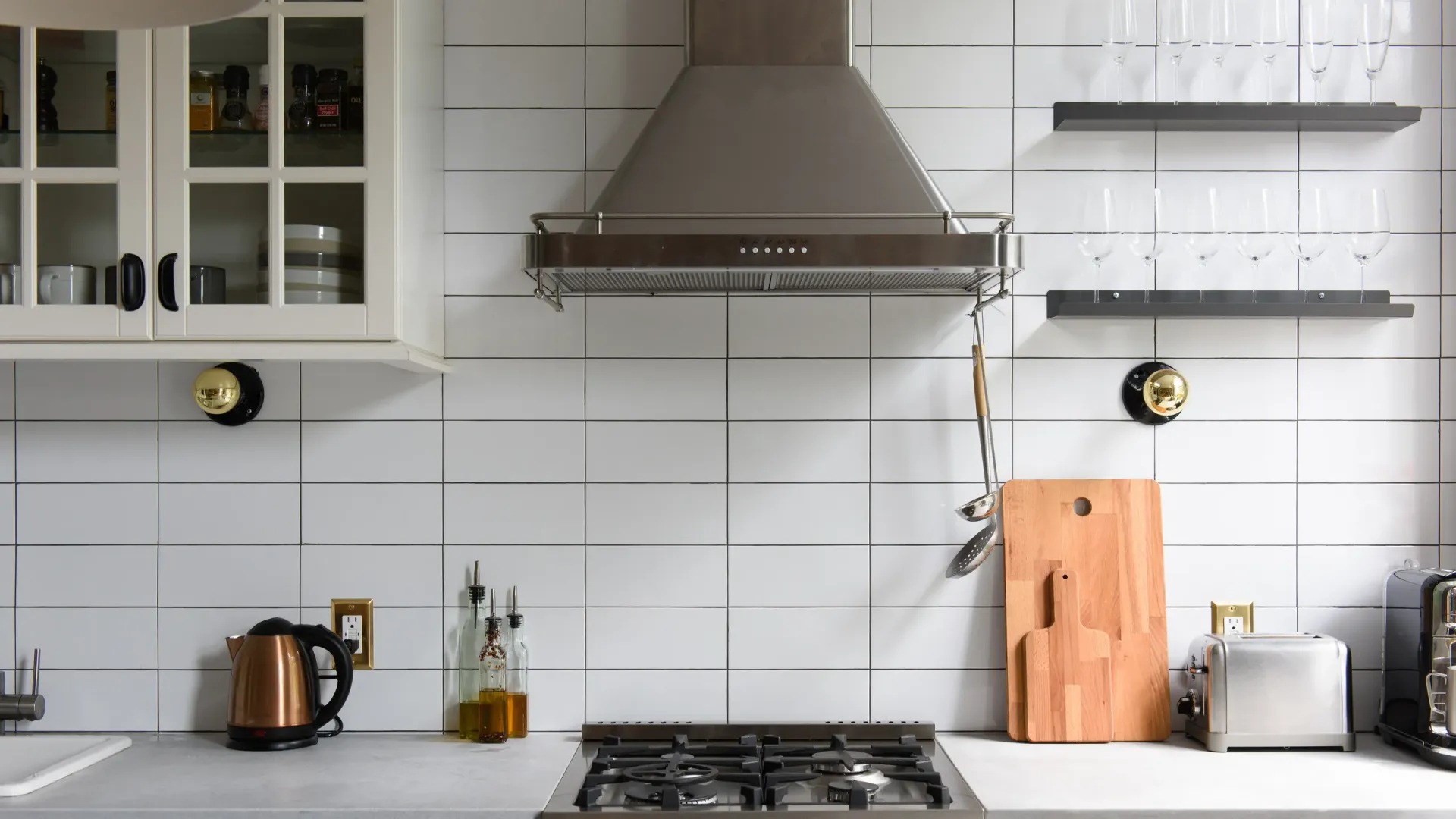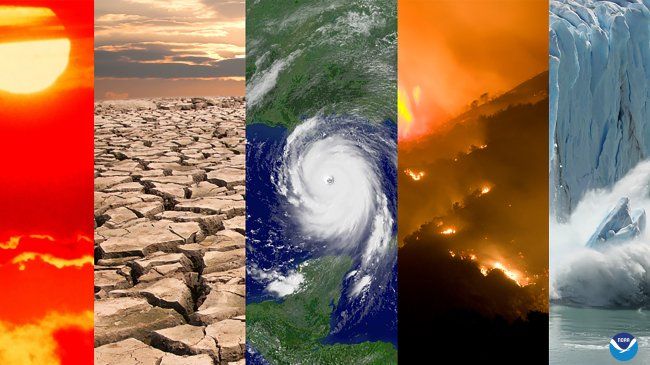Prepare for a Heat Wave, and Prevent Heat-Related Illness
6 Ways to Prepare for a Heat Wave, and Prevent Heat-Related Illness in Frederick

Heatwaves are prolonged periods of unusually hot weather, often combined with high humidity. Extreme heat has the potential to be dangerous. Approximately 650 Americans die each year from preventable heat-related illnesses.
As a heatwave approaches, you can take a number of steps to prevent heat-related illnesses - like heat stroke. Keep cool and prepare for a heatwave in Frederick by following these tips.
Check your air conditioning
Air conditioning provides the best protection against heat-related illnesses. Before the weather warms up, make sure the air conditioning system in your home is working properly so you can get the most out of it. It can be maintained by a professional or you can do it yourself.
Here's what to do:
- If the filters are clogged or dirty, replace them.
- Vacuum the registers in your central air conditioning system to remove any dust. Generally, they are metal or plastic grills found in walls, ceilings, or floors that cover air ducts.
- Set the thermostat as high as you can while still maintaining comfort when using the air conditioner to help lower your electric bill.
Staying cool without air conditioning
You can help keep your home cool without air conditioning by following these tips:
- While you're in a room, you should turn on the ceiling fan and portable fan.
- If you are looking up at the ceiling fan, make sure it is rotating counterclockwise so that cooler air is moving downward rather than upward.
- In hot weather, you should avoid letting fans blow directly on you because the air can quickly dehydrate you.
Cover windows that get direct sunlight
You should close your blinds and other window coverings during the day to prevent the sun from heating your home. Insulated cellular shades are the best window coverings to keep your home cool. This is because their air pockets help to insulate against the heat of the sun. Cover your windows with a reflector, such as cardboard covered with aluminum foil, to help deflect heat away from your home.
Stock the fridge with water
During a heatwave, staying hydrated is crucial. When you sweat, your body loses fluid, which helps you stay cool as your perspiration evaporates from your skin. Water helps replace these lost fluids. Refrigerated water may provide both hydration and cooling benefits.
Additionally, during a heatwave, alcohol consumption should be limited. Alcohol is a diuretic, causing your body to rapidly lose fluids through urine. It can dehydrate you. In addition, alcohol interferes with your body's ability to lose heat.
Eat cool foods
When it's hot outside, it's best to eat plenty of fruits and vegetables. For example, watermelon, lettuce, and cucumbers are 90% water, keeping you hydrated. Small meals throughout the day are best. You should avoid high-protein foods and meat because they can cause your body to produce more heat.
Instead of using the oven, you should use a microwave or an outdoor grill. Turn on the vent fan if you have to use the oven. Instead of repeatedly opening the oven door to check on what you're cooking, turn on the oven light and peek through the glass. The oven will not heat up your home this way.
Know how to stay safe during a heatwave
During a heatwave, staying inside your air-conditioned home is your best bet. People over 65 years of age, as well as children under four years of age, are especially susceptible to heat-related illnesses. Even so, if you must go outside, here are some additional tips to stay comfortable and safe when the temperature rises:
- Keep cool by wearing loose-fitting, light-colored, and moisture-wicking clothing.
- Avoid strenuous activity between 11 a.m. and 4 p.m. Exercise outside early in the morning or before sunset.
- Cool off with a shower or bath. Ice packs can also be placed under your armpits and on your head to lower your temperature.
- Children and pets should never be left in a parked car, even with the windows cracked. Just a few minutes can be enough for the temperature to rise dangerously.
During a heatwave, it's important to know the symptoms of heat-related illness. Without medical attention, heat exhaustion can quickly progress into heatstroke, which may lead to organ damage or death. Heat exhaustion can be treated by resting in the shade, using air conditioning, and drinking cold water right away. In the event of heatstroke symptoms, you should call 911 immediately.
Contact Restoration1 Frederick today if your pipes burst due to overheating or extreme cold, and begin the restoration process!

